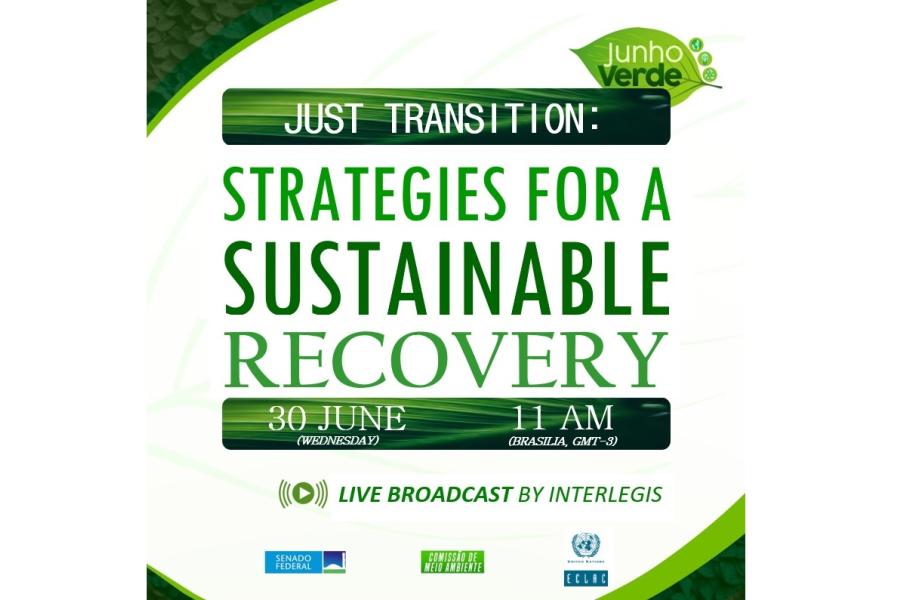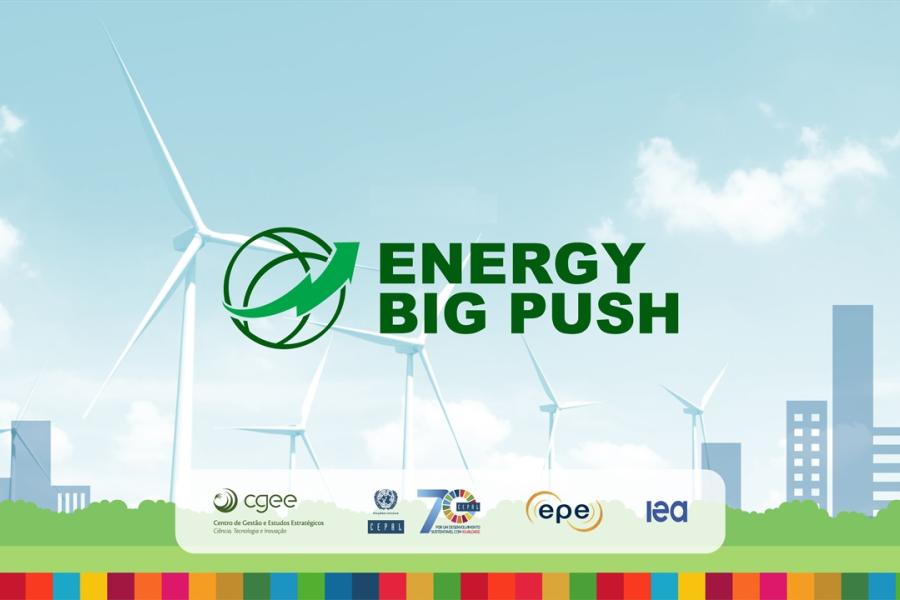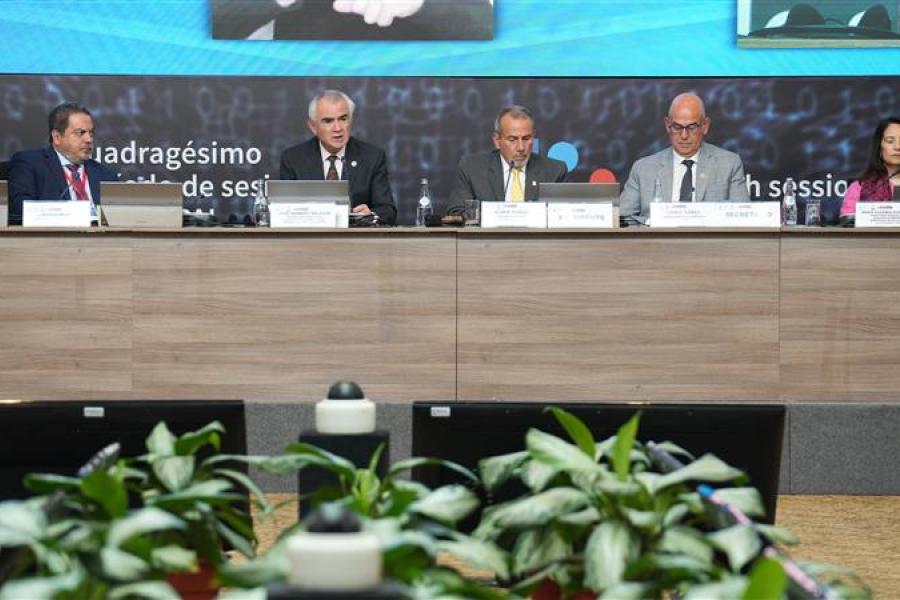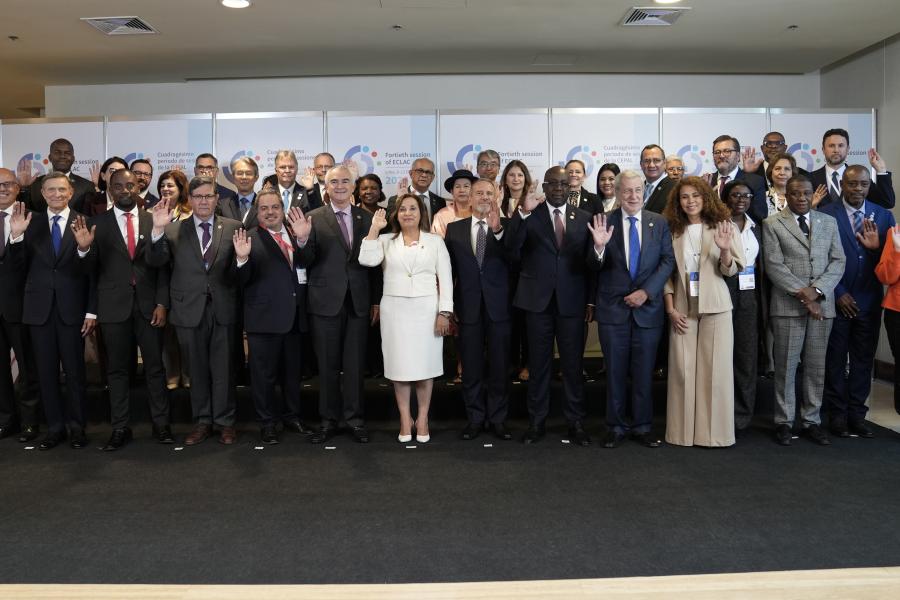Structural change
The economies of Latin America and the Caribbean are locked into low-tech production structures that have little long-term growth potential within international trade. This pattern, which represents an obstacle to sustained growth, can be overcome only by changing the production structure through sector-wide industrial policies.
Activities

Discussion on "Environmental Justice and Water Management Challenges" with Professor Joan Martínez Alier
Last Friday, June 23, a discussion organized by ECLAC's Natural Resources Division was held with Professor Joan Martínez Alier, a prominent figure in the field of ecological economics, political ecology, and environmental justice.



News

ECLAC: Latin America and the Caribbean Will Only Be Able to Overcome the Trap of Low Capacity for Growth by Embracing a New Vision of Productive Development Policies
Executive Secretary José Manuel Salazar-Xirinachs presented the annual report “Panorama of Productive Development Policies in Latin America and the Caribbean 2025” today in Mexico City.

Governments from Latin America and the Caribbean Endorse ECLAC’s Recommendations for Achieving the Transformations that the Region Needs
At the end of the United Nations regional organization’s Fortieth Session, representatives of the Commission’s Member States and associate members recognized the importance of taking action to overcome the development traps affecting the region.

Authorities and Globally Renowned Experts Analyzed the Traps Hindering Latin America and the Caribbean’s Development, at a High-level Seminar Held During ECLAC’s Fortieth Session
On the second day of the United Nations regional commission’s most important biennial meeting – which is taking place in Lima, Peru – ministers from numerous countries in the region and prominent specialists debated how to achieve stronger and sustained growth and how to reduce inequality, among other issues.

Countries Confirm their Commitment to More Productive, Inclusive and Sustainable Development for Latin America and the Caribbean
At the inauguration of its Fortieth Session, ECLAC invited governments to rethink, reimagine and transform with a forward-looking vision in order to build the future using strengthened, anticipatory governance.